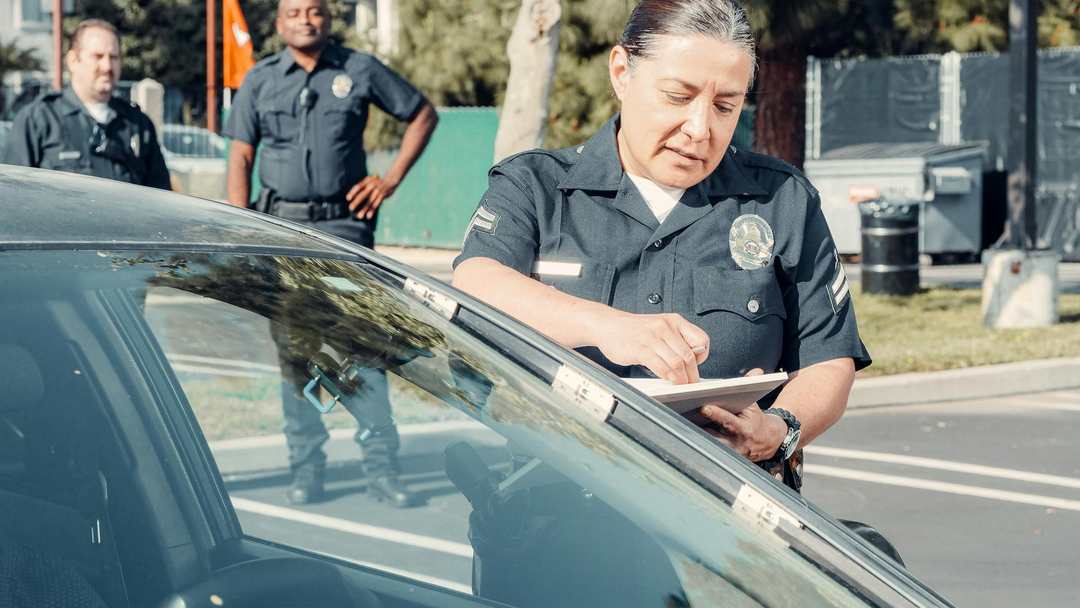Understanding the Foundation: A Summary of Michigan Rules of Evidence 401-411
The Michigan Rules of Evidence (MRE), specifically Rules 401-411, lay the groundwork for what evidence can be presented in court and how it might influence the outcome of a case. This article aims to provide a clear and concise overview of these foundational rules, drawing from the Michigan Rules of Evidence Handbook.
Rule 401: Test for Relevant Evidence
This rule is the cornerstone of admissibility. Evidence is considered relevant if it “has any tendency to make a fact more or less probable than it would be without the evidence” and the fact itself is “of consequence in determining the action.”
In simpler terms, relevant evidence helps make the case for or against a party through its connection to the underlying issues.
Rule 402: General Admissibility of Relevant Evidence
As long as evidence doesn’t run afoul of the Constitution, the Michigan Rules of Evidence, or other legal principles, relevant evidence is generally admissible. This rule reinforces the notion that all pertinent information should be considered by the court to reach a just decision.
Rule 403: Excluding Relevant Evidence for Prejudice, Confusion, Waste of Time, or Other Reasons
Even relevant evidence can be excluded if its potential for harm outweighs its probative value.
This means the court may decide not to allow evidence if it:
- Is unfairly prejudicial towards a party, creating undue sympathy or animosity.
- Confuses the jury or distracts them from the main issues of the case.
- Wasted time due to being repetitive or unnecessary.
- Presents cumulative evidence, meaning similar points have already been established.
Have your rights been violated?
Have your driving priviledges been revoked?
Has your professional license been suspended?
Have you been charged with a crime?
Call our office to see if we can help
Komorn Law 248-357-2550
Beyond the Basics: Rules 404-411
While Rules 401-403 establish the core principles of evidence admissibility, the subsequent rules delve deeper into specific types of evidence.
These include:
Character Evidence: Rules 404-410 limit the use of character evidence to prove or disprove an act on a particular occasion. Exceptions exist for specific situations, such as in criminal cases where self-defense is an issue.
Habit and Routine Evidence: Rule 406 allows evidence of a person’s habit or routine to be admitted if it’s relevant to an issue in the case.
Similar Occurrences: Rule 407 governs the admissibility of evidence of similar occurrences, generally excluding them unless they are highly probative of a specific issue.
Compromise and Offers to Compromise: Rule 408 limits the admissibility of compromise negotiations to prevent chilling settlements and encourage open communication.
Inadmissibility of Pleas, Plea Discussions, and Related Statements: Rule 410 protects defendants from having their withdrawn pleas or plea discussions used against them in certain legal proceedings.
Liability Insurance: Rule 411 generally prevents the use of evidence of liability insurance to prove or disprove negligence, though exceptions exist for other purposes like establishing agency or ownership.
Understanding the nuances of these rules is crucial for anyone involved in the legal system, from judges and attorneys to litigants and legal scholars. The Michigan Rules of Evidence Handbook provides a comprehensive guide to navigating these complexities, ensuring fair and just outcomes in Michigan’s courts.
Important:
This article provides a simplified overview of the Michigan Rules of Evidence for informational purposes only. It should not be interpreted as legal advice. When facing legal matters, always consult with a qualified attorney for professional guidance.
The Michigan Rules of Evidence are subject to change over time. Always consult the latest official version for accurate information.
Here is the link to the Michigan Rules of Evidence Handbook. Check the footer for the latest update.
Related Articles
No Results Found
The page you requested could not be found. Try refining your search, or use the navigation above to locate the post.
More Posts

Cleary becomes latest US law firm to add non-equity partners
See you in the Home Depot lot.Oct 10, 2024 (Reuters) Cleary Gottlieb Steen & Hamilton will create a new category of non-equity partners, becoming the latest major U.S. law firm to move away from the traditional single-tier structure in which all partners have an...

MI Court of Appeals – MRTMA defense denied dismissal
Does the Michigan Regulation and Taxation of Marihuana Act protect you in all Marijuana scenarios?The Conflict The central issue in this interlocutory appeal is whether the Michigan Regulation and Taxation of Marihuana Act (MRTMA), MCL 333.27951 et seq., prevents a...

The “Automobile Exception” in Michigan law
The "automobile exception" in Michigan law allows police to search a vehicle without a warrant if they have probable cause to believe it contains evidence of a crime.This exception is grounded in the idea that vehicles are inherently mobile, meaning evidence could be...

The search being challenged was triggered by the odor of cannabis
The case People of Michigan v. Freddie Wilkins III (No. 367209) revolves around a legal challenge regarding the search of a vehicle without a warrant.Police conducted a warrantless search under the "automobile exception."The case People of Michigan v. Freddie Wilkins...

Carrying a Concealed Weapon in Michigan
Carrying a concealed weapon (CCW) in Michigan without proper authorization is a crime.Carrying a concealed weapon (CCW) in Michigan without proper authorization can lead to serious criminal charges. Michigan law has strict regulations regarding firearms, and violating...

MI Supreme Court Declines to Intervene in Public Records Dispute
Michigan Supreme Court Declines to Intervene in Public Records DisputeTeachers Union and School District at Odds Over Data AccessThe Michigan Supreme Court recently declined to hear a case regarding whether public school teachers' class materials are subject to the...

Felony Firearm Possession in Michigan
Felony Firearm Possession in Michigan.In Michigan, the laws surrounding firearms are strict, especially when it comes to felony firearm possession. If you’re charged with a felony and found to be in possession of a firearm during the crime, the penalties can be...

Do the passengers in your vehicle have 4th Amendment Rights?
Do Passengers in your vehicle have 4th Amendment Rights against Search and Seizure?Passengers in a vehicle are afforded Fourth Amendment protections against unreasonable searches and seizures, though the scope of these rights varies based on the specific circumstances...

Probable Cause v Reasonable Suspicion
What's the difference between probable cause and reasonable suspicion?Definition of Probable Cause Probable cause refers to the belief held by a reasonable person that a crime is currently being committed, has already been committed, or is likely to be committed in...

Are there exceptions that justify warrantless searches?
Exceptions to your 4th Amendment Rights against Search and Seizure (more to come).The Fourth Amendment of the U.S. Constitution safeguards citizens by prohibiting unreasonable searches and seizures and generally mandates the necessity of a warrant for such intrusions....











